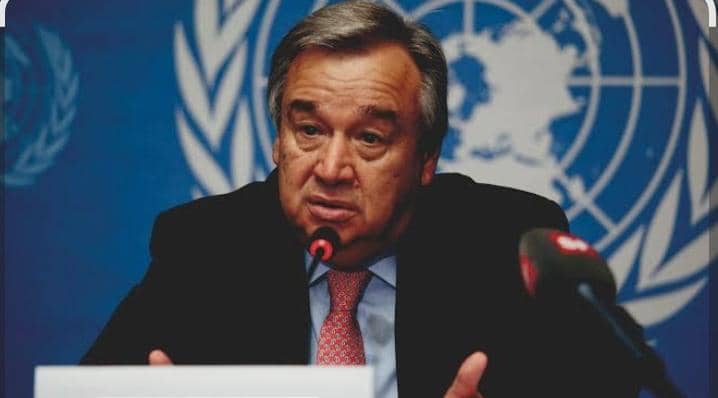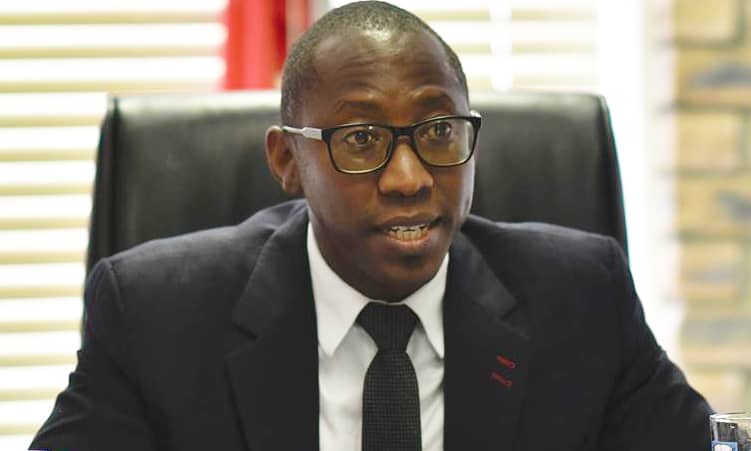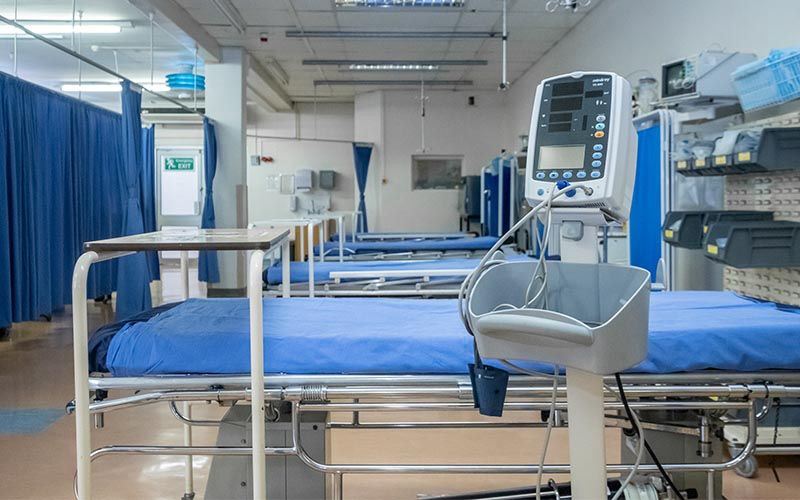ALTHOUGH Namibia is often quick to say that the elimination of gender-based violence and crime is a national priority, the country is yet to back its words through deeds.
This was said by resident Unicef representative Khin-Sandi Lwin yesterday at the official opening of the National Gender-based Violence Conference in Windhoek. While expressing appreciation for the work done by the Namibian Police’s Woman and Child Protection Unit, the justice system and civil society, Lwin addressed the need for better co-ordination in the execution of these agencies’ duties.”We now have 15 Woman and Child Protection Units of the Namibian Police…they are trying their best to handle the increasing number of cases but in the hierarchy of NamPol they tend to be lost.The budget allocation for these units is extremely small or non-existent – for training, operating costs and for community outreach capacity,” she said.Without funding from Unicef, Lwin said, these units were likely to collapse.”If containing such violent and horrific crimes is indeed a national priority, the NamPol infrastructures need serious attention, not just for case management after the crime is committed, but also for its prevention,” she said.As far as the courts were concerned, Lwin quoted the recent findings of a study by the Legal Assistance Centre that only 16 out of every 100 reported cases of gender-based crime ever reached the point of criminal charges being laid.She urged doctors, Police investigators and social workers to make sure that “these cases that take so much out of the victims to report in the first place” don’t end up fading away.While praising civil society for what she said was a significant increase in activism and its demand for action after becoming aware of instances of rape and murder, Lwin said this sector still operated too sporadically, scattered and in an unco-ordinated fashion.”We have yet to get to the point where its not an ‘us versus them’ war but (one) of pointing the finger back at ourselves.Each of us in this hall and in the whole country for that matter perpetuates these crimes because of our gender beliefs, because of the way we bring up our sons and daughters, because of our hesitation and lack of action to intervene when we know it’s happening to our friends, neighbours and relatives, and by just not doing enough even when we believe strongly in the need to act decisively,” Lwin said.Namibia, she said, was ranked third in the world for having one of the highest levels of reported rape cases.She added that it was not enough to look at excuses such as alcohol abuse, cultural beliefs, social ills or the country’s legacy of apartheid to set society’s mind at ease over what is happening.Namibia, she said, had all the ingredients needed to effectively deal with gender-based violence, including a small population, well-established infrastructure, policies and laws that were well defined, and a proven commitment by Government to tackle social and developmental issues.”The one ingredient left to make it happen is the political and social will to act.We all know that when the Namibian people and the Namibian Government put their minds, hearts and souls to an issue, it happens,” she encouraged those in attendance.The three-day conference, which started on Monday, ends today.Other speakers yesterday included Minister of Presidential Affairs Albert Kawana and Gender Equality and Child Welfare Minister Marlene Mungunda.While expressing appreciation for the work done by the Namibian Police’s Woman and Child Protection Unit, the justice system and civil society, Lwin addressed the need for better co-ordination in the execution of these agencies’ duties.”We now have 15 Woman and Child Protection Units of the Namibian Police…they are trying their best to handle the increasing number of cases but in the hierarchy of NamPol they tend to be lost.The budget allocation for these units is extremely small or non-existent – for training, operating costs and for community outreach capacity,” she said.Without funding from Unicef, Lwin said, these units were likely to collapse.”If containing such violent and horrific crimes is indeed a national priority, the NamPol infrastructures need serious attention, not just for case management after the crime is committed, but also for its prevention,” she said.As far as the courts were concerned, Lwin quoted the recent findings of a study by the Legal Assistance Centre that only 16 out of every 100 reported cases of gender-based crime ever reached the point of criminal charges being laid.She urged doctors, Police investigators and social workers to make sure that “these cases that take so much out of the victims to report in the first place” don’t end up fading away.While praising civil society for what she said was a significant increase in activism and its demand for action after becoming aware of instances of rape and murder, Lwin said this sector still operated too sporadically, scattered and in an unco-ordinated fashion.”We have yet to get to the point where its not an ‘us versus them’ war but (one) of pointing the finger back at ourselves.Each of us in this hall and in the whole country for that matter perpetuates these crimes because of our gender beliefs, because of the way we bring up our sons and daughters, because of our hesitation and lack of action to intervene when we know it’s happening to our friends, neighbours and relatives, and by just not doing enough even when we believe strongly in the need to act decisively,” Lwin said.Namibia, she said, was ranked third in the world for having one of the highest levels of reported rape cases.She added that it was not enough to look at excuses such as alcohol abuse, cultural beliefs, social ills or the country’s legacy of apartheid to set society’s mind at ease over what is happening.Namibia, she said, had all the ingredients needed to effectively deal with gender-based violence, including a small population, well-established infrastructure, policies and laws that were well defined, and a proven commitment by Government to tackle social and developmental issues.”The one ingredient left to make it happen is the political and social will to act.We all know that when the Namibian people and the Namibian Government put their minds, hearts and souls to an issue, it happens,” she encouraged those in attendance.The three-day conference, which started on Monday, ends today.Other speakers yesterday included Minister of Presidential Affairs Albert Kawana and Gender Equality and Child Welfare Minister Marlene Mungunda.
Stay informed with The Namibian – your source for credible journalism. Get in-depth reporting and opinions for
only N$85 a month. Invest in journalism, invest in democracy –
Subscribe Now!










